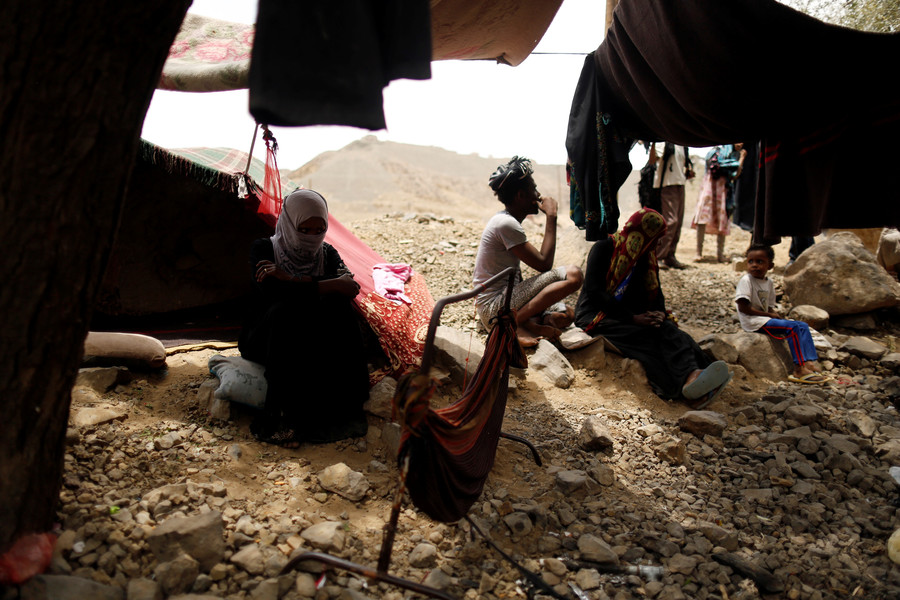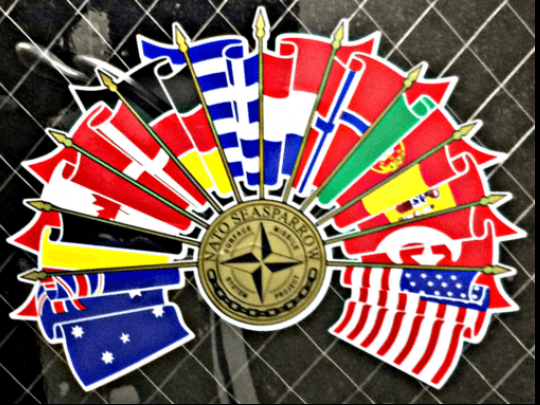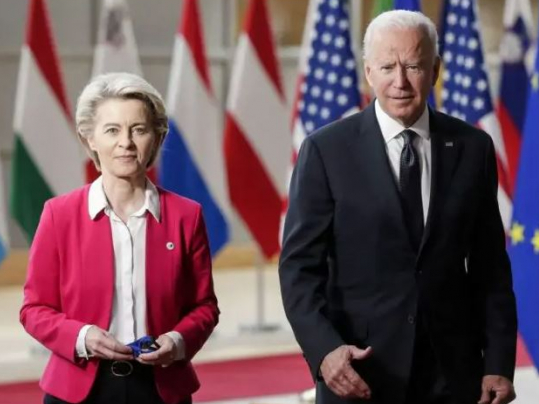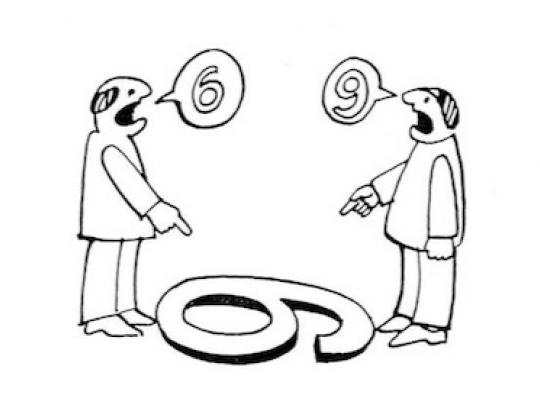5 reasons the nightmarish war in Yemen should never be forgotten (PHOTOS, VIDEO)
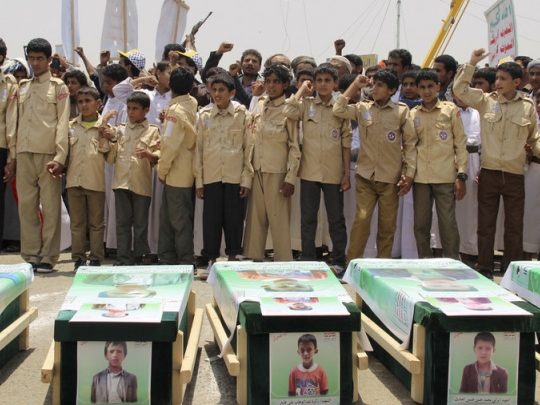
With the death toll in the tens of thousands, millions displaced and on the brink of famine, one would think the war in Yemen should be on every front page. It’s not, and here are just some of the reasons why that’s wrong.
The ongoing conflict, nominally a civil war started by Houthi rebels who ousted the government, saw the Saudi-led, Western-backed coalition of Arab nations intervene in the very first days. With massive civilian casualties and a humanitarian blockade, the war has now become a catastrophe with millions of victims.
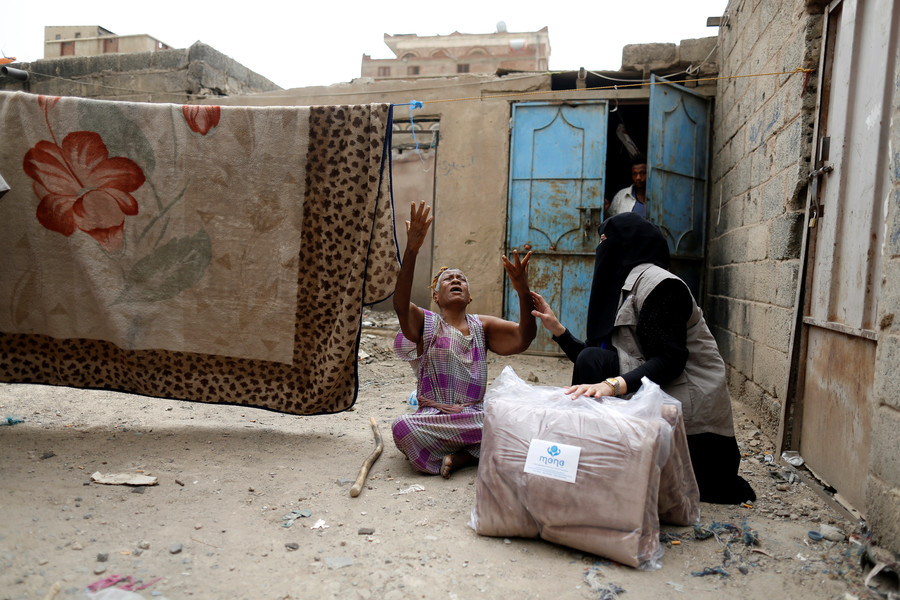
Still, the day-by-day nightmare of Yemen often goes overlooked in Western media in favor of stories about the supposed ‘war crimes’ of the Syrian government or Russia’s alleged ‘Novichok attack’ in Salisbury. Here are five reasons why the Yemen war really matters.
Enormous death toll
Between the dangers of the conflict and the poor accessibility, it’s impossible to get an exact tally of fatalities in Yemen. The official count has been frozen at 10,000 for two years, but cautious estimates by independent groups put the number at up to 50,000 – and that’s counting only those killed in the fighting.
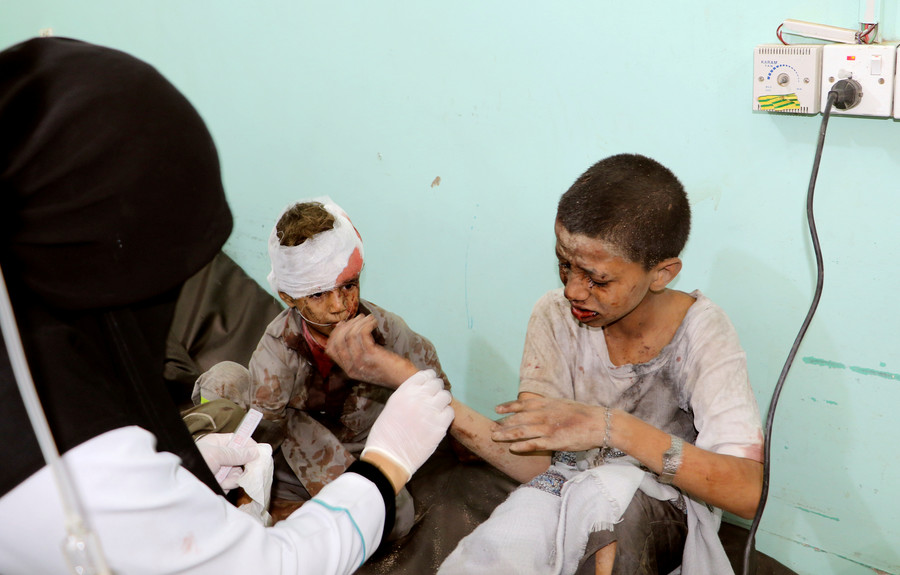
Out of those, more than 6,500 are civilians, according to the UN human rights office, and more than 1,000 are children. In excess of 10,000 have been injured. The vast majority of these victims are a result of the Saudi-led coalition’s airstrikes.
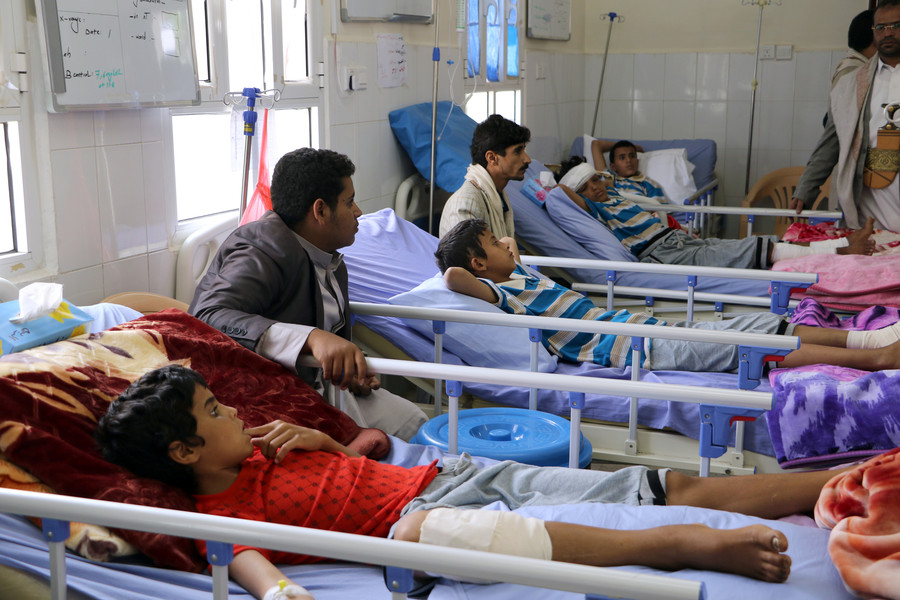
Horrific suffering
But that’s not just the direct casualties of the fighting. Yemen, already the poorest country in the Arab world, was plunged into a horrendous humanitarian catastrophe by the war, as well the Saudis’ land, sea and air blockade of the country.
Hunger and cholera has been ravaging the population, with the number of victims even harder to estimate than those killed in the fighting. A staggering 8 million people, or a third of the population, are on the brink of famine. That’s equivalent to nearly the entire population of London.
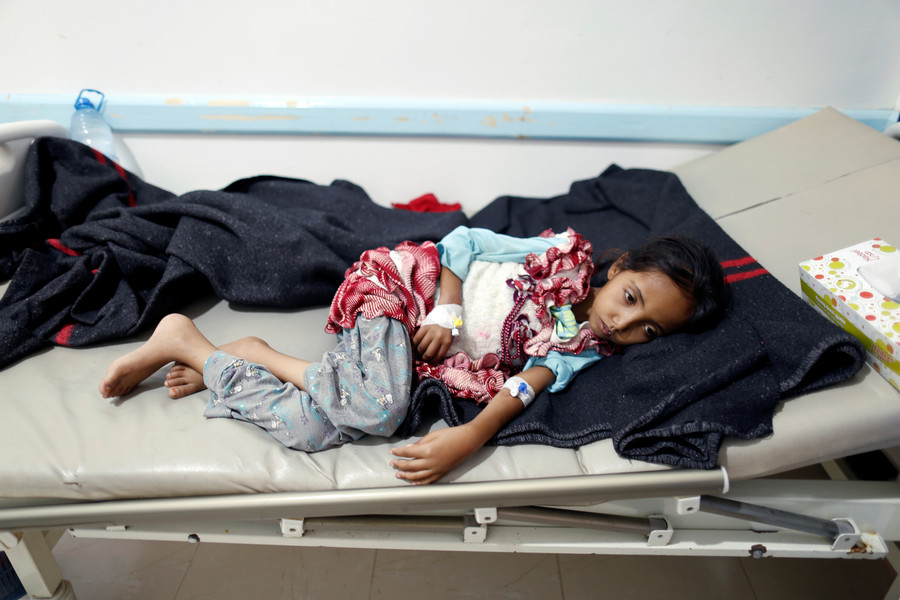
Saudi impunity
Despite all this, the coalition refuses to admit responsibility. Time and again, after a fresh report comes in about a wedding, funeral or school bus getting torn to pieces by a Saudi bomb, Riyadh says it has conducted an internal investigation – and found nothing wrong.
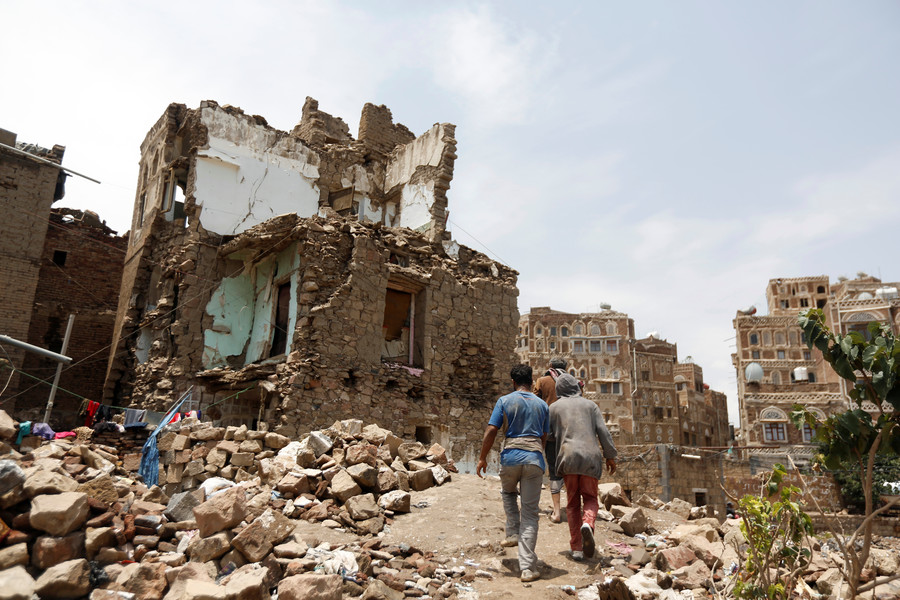
Among the latest cases, are the deaths of at least 40 children, killed by an airstrike on a bus in a Yemeni market. The coalition said the bombing was “legitimate,” because Houthis use children as human shields.
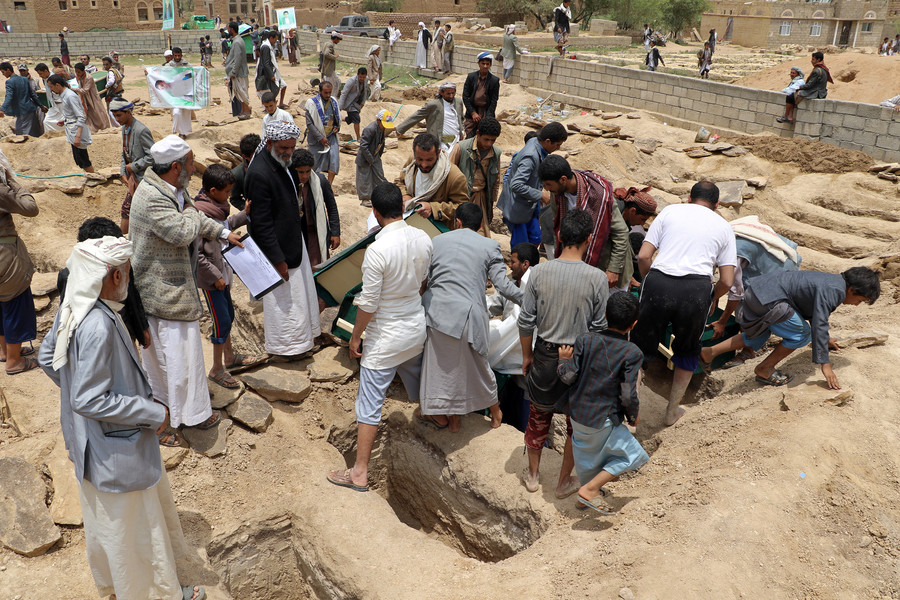
Western complicity
The US has lent its full support to the actions of its ally Saudi Arabia, backing the naval blockade of Yemen with its own warships and excusing, or staying mum, about the attacks on civilians.
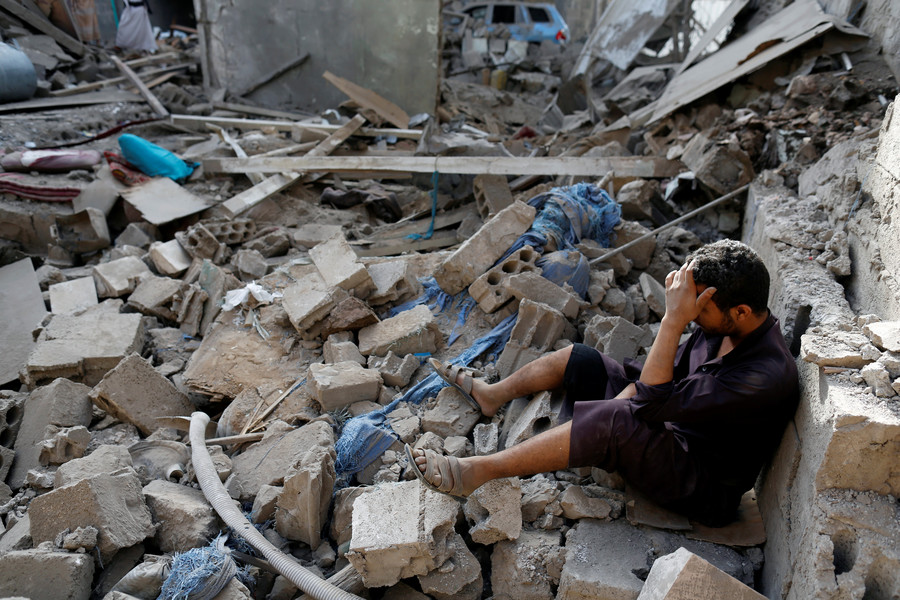
Pressed on the recent bus bombing, State Department spokesperson Heather Nauert dodged the question by saying the US “can’t confirm all the details because we are not there on the ground” – then immediately sprung on to her usual high horse: blaming Iran for supplying weapons for the Houthis’ attacks on Saudi civilian infrastructure. Those attacks have so far amounted to a handful missile launches that have mostly missed or been intercepted, and caused three civilian deaths. While obviously illegal, it’s unclear how those strikes justify the indiscriminate slaughter of thousands of civilians in Yemen.
Western weapons
Throughout it all, Saudi Arabia remains the West’s top client for weapons sales. The Pentagon has been awarding Lockheed Martin billions worth of weapons contracts to supply Riyadh with guided bombs among other things. Pieces of those same bombs were found among the wreckage of the recent bus attack. Photos of the fragments were used to counter Lockheed Martin’s recent attempt at social media PR.
Here is one of your products.
— tøggers ???????????????? (@t0ggers) August 19, 2018
It’s part of an MK 82 missile that was used to kill a bus load of children on their way to school in Yemen.
Is this the kind of thing you were after? #WorldPhotoDay @LockheedMartin pic.twitter.com/LG5a505IQi
The UK has also been selling more weapons to the Saudis than ever before, and German arms manufacturers and Italian officials are being sued over European weapons used to kill civilians in Yemen.
With the death toll in the tens of thousands, millions displaced and on the brink of famine, one would think the war in Yemen should be on every front page. It’s not, and here are just some of the reasons why that’s wrong.
The ongoing conflict, nominally a civil war started by Houthi rebels who ousted the government, saw the Saudi-led, Western-backed coalition of Arab nations intervene in the very first days. With massive civilian casualties and a humanitarian blockade, the war has now become a catastrophe with millions of victims.
Still, the day-by-day nightmare of Yemen often goes overlooked in Western media in favor of stories about the supposed ‘war crimes’ of the Syrian government or Russia’s alleged ‘Novichok attack’ in Salisbury. Here are five reasons why the Yemen war really matters.
Enormous death toll
Between the dangers of the conflict and the poor accessibility, it’s impossible to get an exact tally of fatalities in Yemen. The official count has been frozen at 10,000 for two years, but cautious estimates by independent groups put the number at up to 50,000 – and that’s counting only those killed in the fighting.
Out of those, more than 6,500 are civilians, according to the UN human rights office, and more than 1,000 are children. In excess of 10,000 have been injured. The vast majority of these victims are a result of the Saudi-led coalition’s airstrikes.
Horrific suffering
But that’s not just the direct casualties of the fighting. Yemen, already the poorest country in the Arab world, was plunged into a horrendous humanitarian catastrophe by the war, as well the Saudis’ land, sea and air blockade of the country.
Hunger and cholera has been ravaging the population, with the number of victims even harder to estimate than those killed in the fighting. A staggering 8 million people, or a third of the population, are on the brink of famine. That’s equivalent to nearly the entire population of London.
Saudi impunity
Despite all this, the coalition refuses to admit responsibility. Time and again, after a fresh report comes in about a wedding, funeral or school bus getting torn to pieces by a Saudi bomb, Riyadh says it has conducted an internal investigation – and found nothing wrong.
Among the latest cases, are the deaths of at least 40 children, killed by an airstrike on a bus in a Yemeni market. The coalition said the bombing was “legitimate,” because Houthis use children as human shields.
Western complicity
The US has lent its full support to the actions of its ally Saudi Arabia, backing the naval blockade of Yemen with its own warships and excusing, or staying mum, about the attacks on civilians.
Pressed on the recent bus bombing, State Department spokesperson Heather Nauert dodged the question by saying the US “can’t confirm all the details because we are not there on the ground” – then immediately sprung on to her usual high horse: blaming Iran for supplying weapons for the Houthis’ attacks on Saudi civilian infrastructure. Those attacks have so far amounted to a handful missile launches that have mostly missed or been intercepted, and caused three civilian deaths. While obviously illegal, it’s unclear how those strikes justify the indiscriminate slaughter of thousands of civilians in Yemen.
Western weapons
Throughout it all, Saudi Arabia remains the West’s top client for weapons sales. The Pentagon has been awarding Lockheed Martin billions worth of weapons contracts to supply Riyadh with guided bombs among other things. Pieces of those same bombs were found among the wreckage of the recent bus attack. Photos of the fragments were used to counter Lockheed Martin’s recent attempt at social media PR.
Here is one of your products.
— tøggers ???????????????? (@t0ggers) August 19, 2018
It’s part of an MK 82 missile that was used to kill a bus load of children on their way to school in Yemen.
Is this the kind of thing you were after? #WorldPhotoDay @LockheedMartin pic.twitter.com/LG5a505IQi
The UK has also been selling more weapons to the Saudis than ever before, and German arms manufacturers and Italian officials are being sued over European weapons used to kill civilians in Yemen.
- Source : RT




